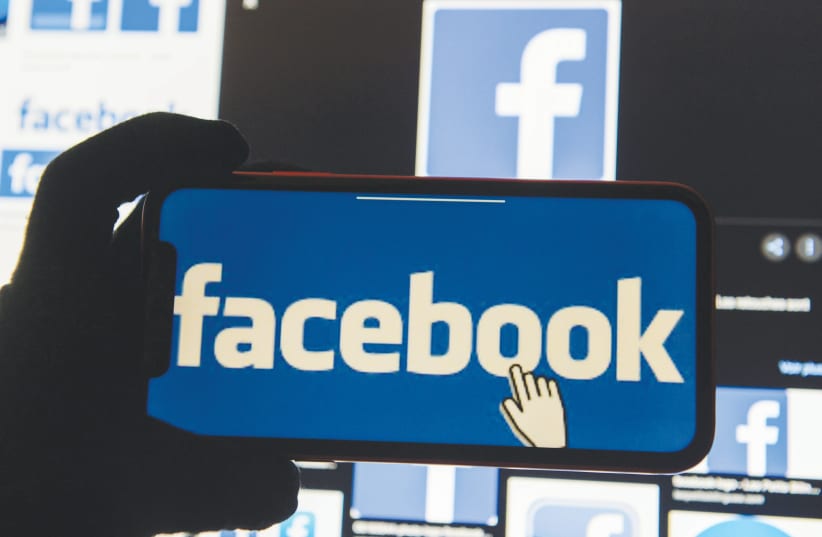Headlines across the world are filled with the phrase “social distancing.” Hashtags and campaigns across social media are popping up from every direction, urging the public to stay home so as to avoid inadvertently sharing coronavirus. But could it be that social distancing is just speeding up the trajectory we were already on? And is coronavirus reminding us why, perhaps, that’s problematic?
Since the onset of social media, we have become increasingly more aware, but increasingly less engaged with other human beings. Much research has been done demonstrating the relationship between high social media use and depression, and further research has suggested that one of the contributing factors is the lack of in-person communication.
In 2019, Pew Research found that “pluralities or majorities of users see few or none of their Facebook friends in person regularly,” and a 2017 study found that people who are “social” on social media have more social anxiety and dissatisfaction with offline social activity. This trend has only continued with the rise of technology like smartphones and tablets.
Now, we see incredible artificial-intelligence innovations being developed that can do many of the tasks we used to need people for, and the more technology that’s adopted for social interaction, the less face-to-face interaction we have. A survey of teens done in 2012 compared to teens in 2018 found that while the majority favored face-to-face interaction in 2012, just six years later fewer than one-third of respondents said they prefer face-to-face communication.
This is especially contradictory given that nearly half of them reported they are frustrated because when they spend face-to-face time with friends, their friends are on the phone. Yet over half of reported they themselves also struggle with putting down the phone when with people.
In the wake of the coronavirus, the entire world is being forced to shift to the digital sphere with platforms like Zoom exploding in popularity, and multiple hashtags dominating the internet urging social distancing.
In Israel, #SocialDistancing itself was trending within the first week it was used, with over 128,000 tweets in 24 hours. The same hashtag was also trending throughout the first week in the United States.
Other trending hashtags such as #StayHome have been on Twitter’s top trending list off and on throughout the pandemic. The irony that we are digitally uniting on a social platform to advocate antisocial behavior certainly serves as a symbol of our two-sided relationship with technology today.
In the current crisis, it’s a positive measure because it can save lives, but we’ve been encouraging this antisocial behavior for quite some time before coronavirus – knowingly or unknowingly.
While the coronavirus has pushed us further toward the inevitable human-to-human social distancing, it’s also awakened an innate desire to connect as humans as well. After all, why are countries such as Israel having a problem with people breaking quarantine? Why are social media campaigns such as #StayHome even warranted? It seems the more our human to human interaction is suppressed, the stronger our yearning for connection becomes.
A perfect example of this is the balcony music in Italy. While Italians were on complete lockdown in their apartments, even that couldn’t stop them from connecting through one of humanity’s universal languages: music. Even here in Tel Aviv, the atmosphere is changing.
I’ve lived in the same apartment since December, but suddenly this week not one but two of my neighbors - whom I have never spoken to - suddenly reached out and suggested hanging out. Personally, I am not a very social person and I enjoy being home, but I too find myself craving face-to-face interaction.
No one questions that this situation is upsetting and difficult. However, perhaps there is a silver lining we are missing: we are realizing the necessity of human interaction and getting off the phone when we are spending time with one another.
In a world of non-stop technology, it’s increasingly more difficult to remember and prioritize face-to-face, human-to-human contact. While we wait out this coronavirus, perhaps it will give some of us a new perspective on priorities in its aftermath.
The writer is the CEO of Social Lite Creative and a research fellow at the Tel Aviv Institute.
